When working directly with electricity, you and your team will always need to be mindful of the potential danger involved. Which is why it’s important that your new employees should be armed with the basic electricity knowledge needed to successfully complete jobs while keeping themselves out of harm’s way.
Here’s a look at some basic skills your newcomers should possess:
Manual Dexterity
If you’re not familiar with the term, manual dexterity relates to being able to use your hands in skillful and coordinated ways to work with small tools and objects in precise manners. While this may seem like a no-brainer, the ability to use hand tools and instruments properly is essential. This is especially important in more difficult environments, such as tight spaces, hot attics or roofs. Your technicians have to be able to keep their hand-eye coordination strong while working safely toward the end of a long, exhausting day.
Mechanical aptitude is also a part of that dexterity, as a tech is challenged to understand the problem at hand and know how to use those particular tools as a solution.
Electrical Installation
Another one of the electricity basics your new employees should have is the actual installation of electrical components. No surprise here. An HVAC setup might be designed by a mechanical engineer, but it’s up to the technicians in the field to know how to install, retrofit or repair it. Knowing the symbols and code of blueprints as well as the spatial awareness of how it should all come together is an essential skill. Some of that work will be taken care of by electricians, of course, but not all of it.
Having the basic knowledge of electrical installation should also include the know-how to use power tools safely, how to install switching devices or conduits, and how to troubleshoot and deal with any problems or eventualities that come up in the installation process.
Fundamental Math Skills
While it’s not calculus, HVAC technicians do need to understand the same basic math concepts and physics as journeyman-level electricians. To be specific, they’ll need to be comfortable with simple algebra for taking measurements, calculating cooling and heating loads, and gauging proper space requirements.
According to Explore the Trades, these are the math principles every person who works in the trades will use regularly:
- Whole numbers
- Fractions and decimals
- Percentages and equivalent numbers
- Scientific notations
- Equations and formulas
- Rates, ratios, and proportions
- Measurement conversions
- Basic geometry and trigonometry
Safety
Perhaps the most important piece of basic electricity knowledge everyone on your team should have is safety. Your technicians could have decades of experience in the trade, but if they don’t practice the proper safety protocols, their skills are restricted.
A tech needs to be aware and alert, giving electrical hazards the respect they require. That could mean de-energizing electrical equipment, discharging capacitors, always wearing the appropriate personal protective gear, locking out or red-tagging systems that are being serviced, and so much more.
There are no second chances when it comes to electrical safety, and that’s why it’s so vital that your team knows these basics of electricity before starting work.
Make Sure Your Technicians are Knowledgeable
Working with electricity is much more than just knowing how to install or repair electrical equipment. Making sure your technicians are equipped with the proper soft, technical, and safety skills will lead your team to success. And you can lean on companies like Interplay Learning to help you get there.
Interplay Learning provides an innovative approach to skilled trades training by using online, on-demand videos. These videos are also offered in immersive, 3D instruction to keep employees engaged, up-to-speed on new technologies, and knowledgeable on everything from basic to advanced skills.
With online training course catalogs in HVAC, electrical, and more, their proven method beats dry textbooks and classroom education by helping techs visualize every process and system as they learn. Take a look at our blog post highlighting our electrical course catalog and what trainings are available.








